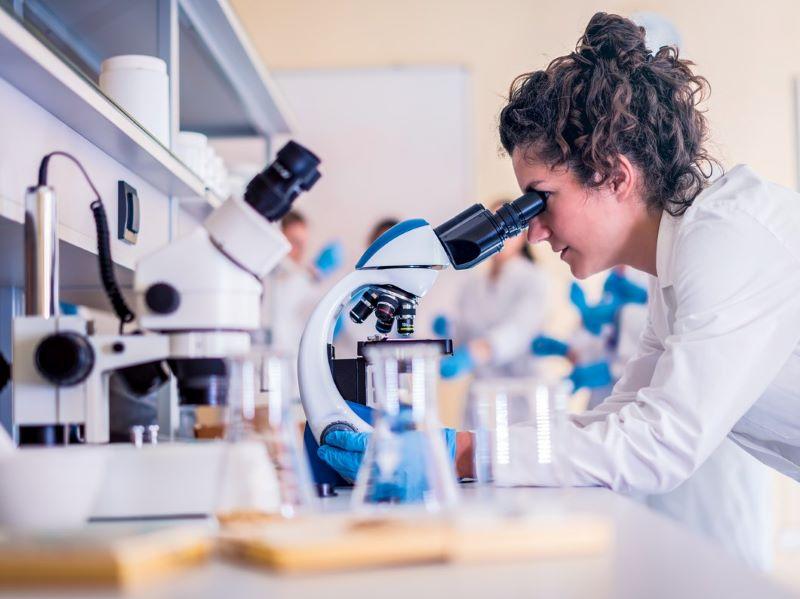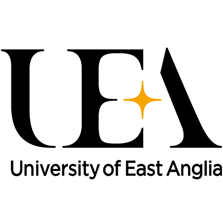
Curriculum design in biosciences: setting up first-year students for success
You may also like
Developing first-year undergraduate curricula is a challenge. What do students need to learn first? How do we ensure that all students are equipped to explore ever more advanced subjects as their degree course progresses?
We need to balance breadth, allowing students to build awareness of the scope of their discipline, with depth, allowing students to access higher levels of learning, and encouraging a more thorough level of analysis. We also face “chicken and egg” problems, for example: physiology can be approached from biochemistry, or from anatomy. Is there an ideal sequence for learning?
These questions were raised at an online workshop for biosciences educators run by the University of East Anglia (UEA) in collaboration with the Royal Society for Biology and what emerged was an agreement that in first year, we should focus on developing skills, and subject expertise will follow.
- We must rethink PhDs to smash barriers and ensure bioscience success
- High tech and high touch: designing a bridging system to help students prepare for STEM studies
- Embrace students’ eco-anxiety to spur critical and systemic climate action
The skills biosciences students need to succeed
We will never be able to pack as much as we would like into an undergraduate degree in biosciences: substantial developments in our field are likely to happen between the beginning and the end of the programme. Instead, we can develop a toolbox, which equips our students with the skills to excel in their studies, and long after they graduate. What should this consist of?
Data science skills
A strong ability to handle, analyse and give meaning to data is a highly valuable skill in biosciences, and in many other careers. However, a strong level of digital literacy is often assumed of our students, which does not always materialise in statistical modules in biology. Introductory courses in statistics readily point to t-tests and p-values. But, before diving into analysis, more emphasis should be placed on developing students’ proficiency with data acquisition, management and processing, as explained by Philip Leftwich of UEA.
Tackling terminology
University degrees require the development of academic rigour, including the appropriate use of specific terms. How do we know that our students understand the specialised vocabulary used in our teaching? One approach is the development of interactive resources accessible to students ahead of lectures, as described by Sonja Dunbar of the University of Cambridge. These resources go far beyond the traditional glossary, ensuring that students can readily engage with subsequent teaching and do not get left behind while looking up key terms during class.
Practical assessment
Finally, a transition towards a skills-based curriculum requires a substantial shift in assessment practices. There is no doubt that written communication is a crucial ability, but other important skills require different assessment methods. Inspired by medical teaching practices, Derek Scott of the University of Aberdeen has supported the delivery of OSPEs (objective structured practical examination) across multiple courses at his institution. These assessments involve multiple timed stations where a student must undertake a task to demonstrate specific skills or competencies. Student performance is assessed using clearly specified, consistent grading criteria for each station.
Starting with the end in mind
There are several possible approaches to curriculum design. Threshold concepts in biology – core knowledge and ideas that transform students’ understanding of a subject enabling them to explore it further – can provide a useful road map for students, and for us, in considering the fundamentals to introduce in the first year. Furthermore, a “backwards design” approach starts with a consideration of the desired graduate attributes, and what needs to be put in place in the first year to develop them.
We want our graduates to be:
- Resilient: the world is an uncertain and changing place. Being able to adapt and respond to change are important life skills and desirable skills in the workplace.
- Collaborators: skills in project management, communication and organisation transcend to fields beyond the biosciences.
- Confident in tackling challenging problems: this requires a tolerance for ambiguity and complexity, and the ability to dedicate substantial efforts and concentration to the task at hand.
- Independent thinkers: within the deluge of information, our students must be able to source and critically process new information and to articulate their own views.
- Comfortable with diversity: aware and respectful of different perspectives, and able to engage in discussions involving divergent viewpoints.
Perhaps most importantly, we want our graduates to remain curious and inquisitive, as part of a life of learning. We will continue to work on pedagogical approaches that support these crucial graduate attributes.
Audrey Heppleston is a lecturer in biomedical science at the University of East Anglia (UEA).
This advice draws on presentations by Philip Leftwich of UEA, Sonja Dunbar of the University of Cambridge, and Derek Scott of the University of Aberdeen, given at a Heads of University Biosciences (HUBS) funded workshop, “Fundamental Biosciences: what foundations do students need for success in their study of Biosciences?”, hosted by the University of East Anglia.
If you found this interesting and want advice and insight from academics and university staff delivered direct to your inbox each week, sign up for the THE Campus newsletter.




